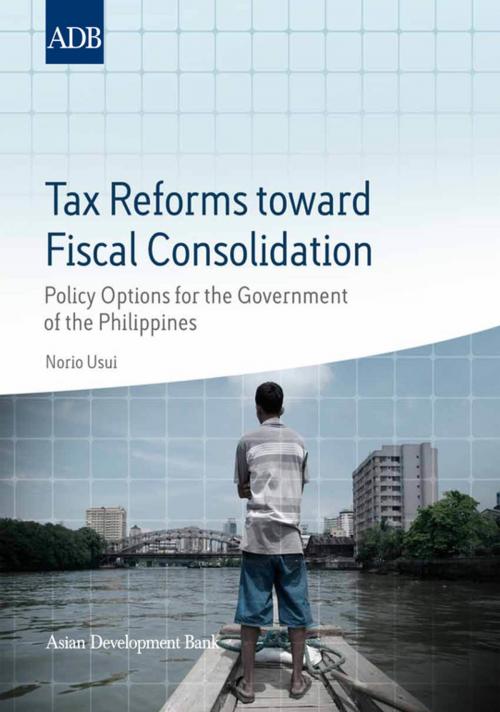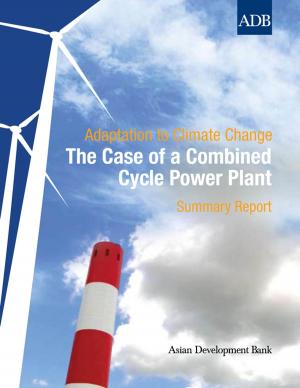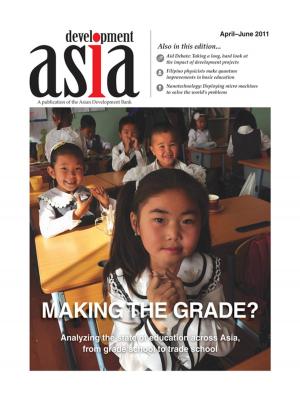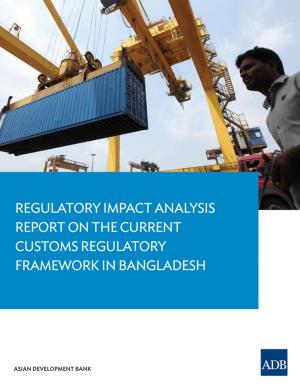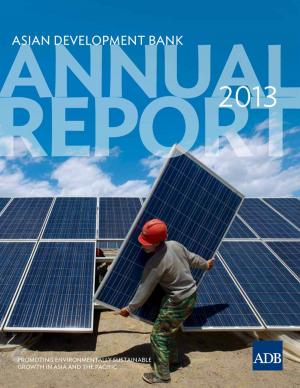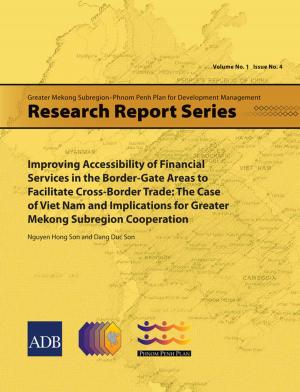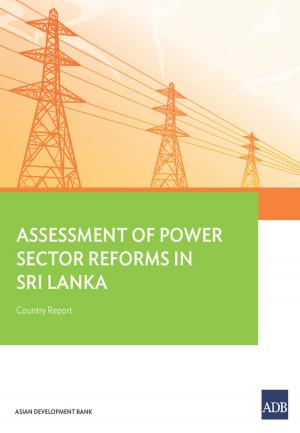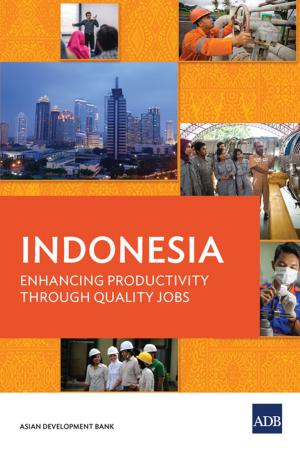Tax Reforms toward Fiscal Consolidation
Policy Options for the Government of the Philippines
Nonfiction, Reference & Language, Law, Taxation, Social & Cultural Studies, Political Science, Politics, Economic Policy| Author: | Norio Usui | ISBN: | 9789290924098 |
| Publisher: | Asian Development Bank | Publication: | September 1, 2011 |
| Imprint: | Asian Development Bank | Language: | English |
| Author: | Norio Usui |
| ISBN: | 9789290924098 |
| Publisher: | Asian Development Bank |
| Publication: | September 1, 2011 |
| Imprint: | Asian Development Bank |
| Language: | English |
This policy note assesses tax administration measures and tax rate adjustments, two options for the Philippines' fiscal consolidation in terms of their efficiency for revenue mobilization and impacts on tax equity. Its key findings are: 1) a policy mix of a higher value-added tax and a lower corporate income tax will make the overall tax system more regressive, even if its impact on tax revenue is neutral; 2) the country's tax productivity is much lower than those of its peers in the region, which signals the presence of significant tax loopholes and weak tax administration; and, 3) there is ample room to increase excise taxes on tobacco, alcoholic products, and gasoline, without ruining the equity of the tax system. These suggest that tax administration remains a key focus of efforts for the new administration.
This policy note assesses tax administration measures and tax rate adjustments, two options for the Philippines' fiscal consolidation in terms of their efficiency for revenue mobilization and impacts on tax equity. Its key findings are: 1) a policy mix of a higher value-added tax and a lower corporate income tax will make the overall tax system more regressive, even if its impact on tax revenue is neutral; 2) the country's tax productivity is much lower than those of its peers in the region, which signals the presence of significant tax loopholes and weak tax administration; and, 3) there is ample room to increase excise taxes on tobacco, alcoholic products, and gasoline, without ruining the equity of the tax system. These suggest that tax administration remains a key focus of efforts for the new administration.
